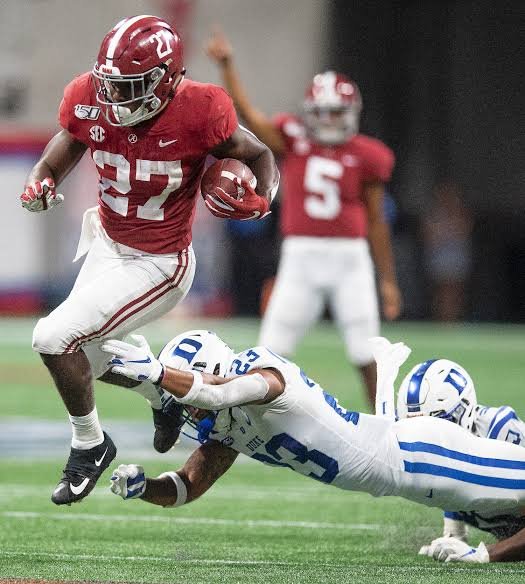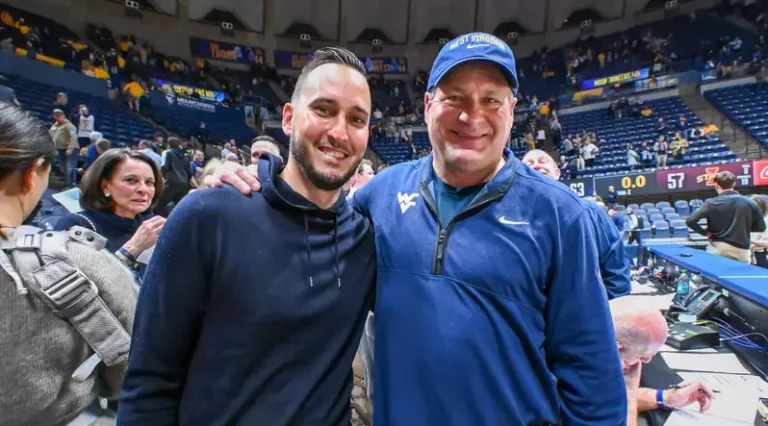
Breaking:-In January 2024, Kalen DeBoer took the reins of the Alabama Crimson Tide football program, succeeding the legendary Nick Saban. DeBoer’s inaugural season was marked by a series of strategic changes aimed at ushering in a new era for Alabama football.
DeBoer introduced a more aggressive offensive approach, blending elements of the Air Raid offense with Alabama’s traditional power-running game. This hybrid strategy aimed to leverage the team’s strengths and adapt to evolving defensive challenges. The offense showcased increased versatility, utilizing tight ends and running backs in diverse roles, including swing plays and screens. This approach not only diversified the offensive playbook but also maximized the skill sets of key players.
Coaching Staff and Analytical Approach
DeBoer assembled a younger, analytics-driven coaching staff, emphasizing data-informed decision-making. This shift led to more aggressive play-calling and situational strategies, reflecting a modernized approach to game management. The staff’s emphasis on positivity and player development fostered strong camaraderie and discipline within the team, contributing to a cohesive unit on and off the field.
Player Development and Utilization
Under DeBoer’s guidance, there was a notable focus on player development, particularly in enhancing the performance of the offensive line and skill positions. Quarterback Jalen Milroe, for instance, displayed increased confidence, making smart throws and demonstrating improved communication with teammates. The tight end position also saw significant utilization, with players like CJ Dippre and Robbie Ouzts playing crucial roles in both the running and passing games.

Challenges and Areas for Improvement
Despite these positive changes, the season was not without its challenges. The team suffered unexpected losses to Vanderbilt and Oklahoma, highlighting areas needing attention. DeBoer acknowledged his discomfort with post-loss speeches, indicating a learning curve in handling defeats. Additionally, the need to identify a consistent and effective starting quarterback emerged as a critical decision for the upcoming season.
Historical Context and Fan Expectations
Transitioning from a coaching legend like Saban was inherently challenging. Historically, Alabama’s first-year head coaches have faced hurdles, and DeBoer’s 9-4 record aligns with past transitions. While some fans expressed disappointment, it’s essential to recognize the broader context of a program undergoing significant change. DeBoer’s strategic adjustments laid a foundation for future success, balancing innovation with Alabama’s storied traditions.
Looking Ahead
As DeBoer prepares for his second year, the focus will be on building upon the established foundation. Addressing critical decisions, such as solidifying the quarterback position and refining the offensive strategy, will be paramount. The lessons learned from the inaugural season provide valuable insights, positioning the Crimson Tide for a resurgence in the competitive landscape of college football.
In conclusion, Kalen DeBoer’s first year at Alabama was characterized by significant strategic changes aimed at modernizing the program while honoring its rich history. Despite facing challenges, the foundational adjustments implemented under his leadership have set the stage for future success. The upcoming seasons will reveal the full impact of DeBoer’s vision for Alabama football.


